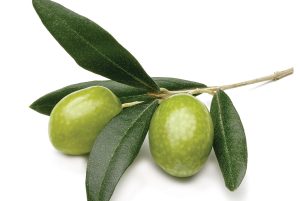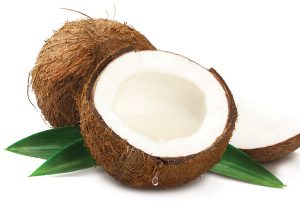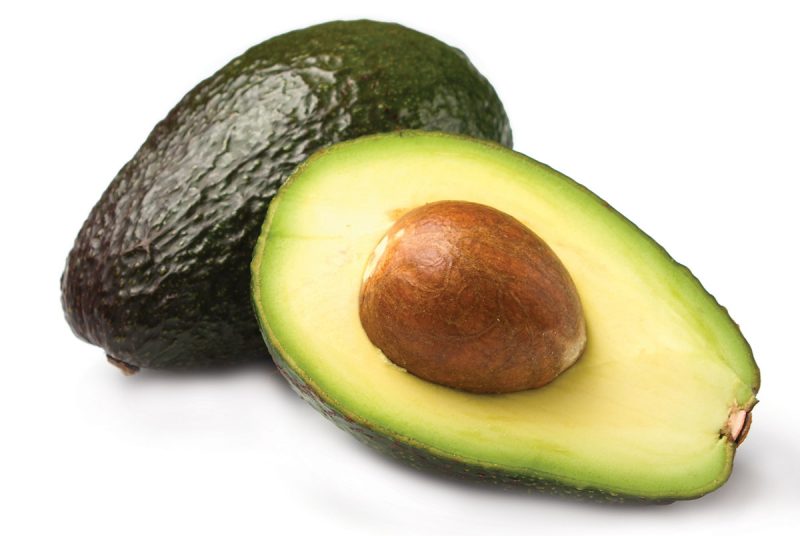Weigh the health benefits of four vegetable oil substitutes
Not all oils are created equally. Take vegetable oils: Many are blended using oil from genetically modified plants. And because vegetable oils are refined and processed, they not only lack flavor, but also nutrients. The good news is there are plenty of healthy alternatives to traditional vegetable oil. Here are what four different oils have to offer:
Avocado Oil
While this oil tends to be more expensive than the other options, its mild flavor makes it a good option for dishes that taste best when prepared with a neutral cooking oil. Avocado oil not only contains a high amount of monounsaturated and polyunsaturated fatty acids, it also provides a good dose of vitamin E. While avocado has a higher saturated fat content than other plant-based oils, it still has a significantly less amount than butter, lard or coconut and palm oils. BENEFIT: Vitamin E
Olive Oil

While most people know olive oil is ideal for homemade salad dressings, it is also the perfect substitute for solid fats, such as butter, shortening, lard and hard-stick margarine when baking. As long as it’s extra virgin, this is one of the most versatile and healthy oils to cook with. Extra virgin olive oil contains a good amount of heart-healthy monounsaturated fat and some polyunsaturated fat. BENEFIT: Versatile
Sunflower Oil

Sunflower oil has a high smoke point with a mild flavor that won’t overwhelm a dish. Like avocado oil, sunflower is high in vitamin E – one tablespoon contains 28 percent of a person’s daily recommended intake. One consideration before cooking with sunflower oil is that it is high in omega-6 fatty acids, which are thought to be pro-inflammatory, while omega-3s are anti-inflammatory. Consuming too many omega-6s without balancing with omega 3s could lead to an excess of inflammation in the body. BENEFIT: Mild Flavor
Coconut Oil

The health benefits of coconut oil are subject to debate. Some say it boosts the body’s ability to burn fat while others say it is very high in calories and can easily lead to weight gain. Here is what we know: It is a white solid at room temperature with a consistency resembling that of butter or shortening rather than a liquid oil. Coconut oil has a high smoke point, making this tropical oil a better option when cooking at a very high temperature or frying. Unlike other plant-based oils, coconut oil is primarily a saturated fat, which may be a concern for those on strict diets. BENEFIT: High smoke point
©Eyewave; WindyNight; Okea; Mates; Belokoni Dmitri


